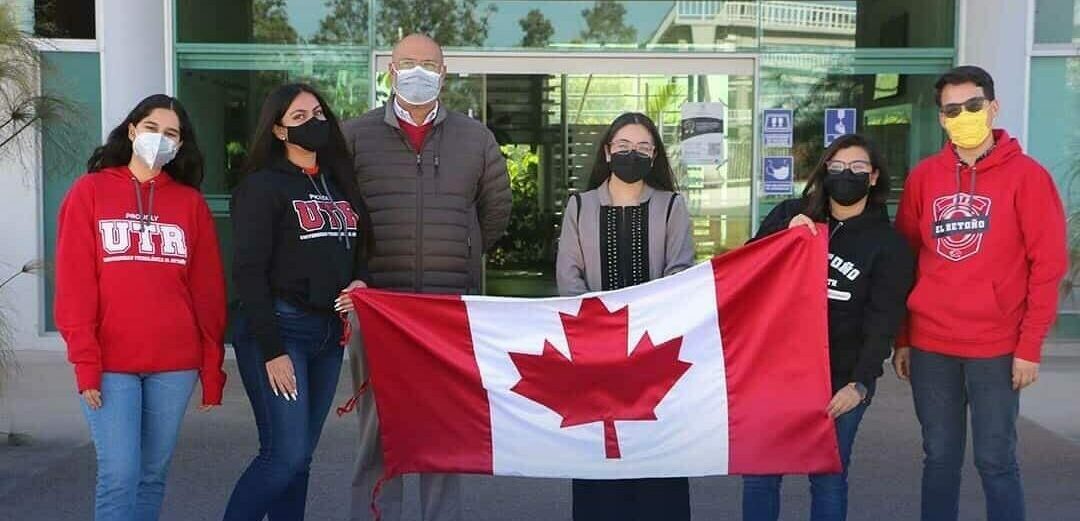Internationalization is key to structure of the organizations in order to achieve success in a globalized world — whether they’re focused in economy, technology, or education.
Internationalization in higher education requires integrating an international and intercultural dimension into the institution’s teaching, research, and outreach functions. In the following article, we’ll examine this strategy as implemented at the El Retoño Technological University (UTR).
The UTR was born under the BIS model (Bilingual, International, Sustainable) this means that the University provides international skills to the students that allow them to perform in international labor markets.
The educational sector is responsible for preparing students for the demands of the modern world, including aiding in the development of social and intercultural skills, multilingualism, as well as academic and professional skills. To do this, the institution promotes comprehensive internationalization that encompasses curricular aspects, activities, student and faculty mobility, as well as collaborations with different institutions abroad.
UTR has worked to develop agreements with foreign universities, international organizations, institutes, and embassies in order to establish collaborative projects and accomplish mobility programs. As of 2021, the UTR has had students and faculty members learning and teaching around the globe, in the United States, Hungary, Chile, China, Germany, Peru, Egypt, Canada, France, Japan, and others.
For those that do not have the opportunity to travel, the University promotes international events on campus or online, such as conferences, activities, and visits from foreign volunteers and scholars.
Through its current “Innovation 4 Education” campaign, the UTR aims to be the most avant-garde University in the state of Aguascalientes. In 2020, the UTR became the first and only technological university and one of only four Mexican organizations to form an international partnership with the Canadian organization, MITACS. With this agreement the UTR is able to promote and to participate in the different research mobility programs, positioning students and faculty as top candidates across disciplines.
The approach of internationalization in higher education can be applied differently in every university. Education cannot longer be seen under a national context. As proven at UTR, internationalism is essential for work and institutional life.
